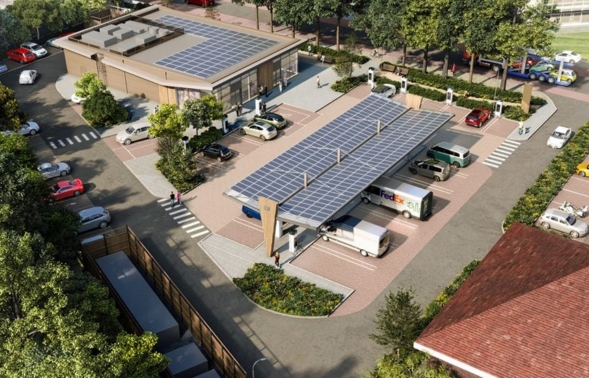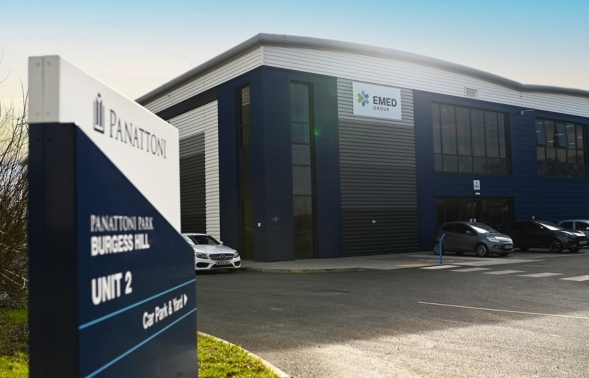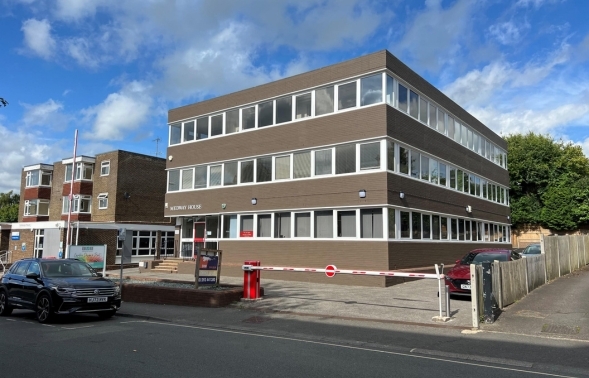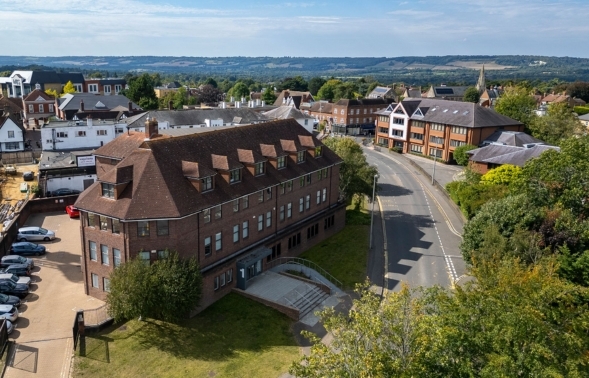What Lenders Want From First-Time Property Developers
Whether you’re aiming to flip houses or construct new developments, there are several key considerations that will significantly influence your success in raising development finance.
This is what first-time property developers should keep in mind because they make raising finance more straightforward.
Local Market Insights:
Before you step into the world of property development, it’s imperative to conduct meticulous research on the local market. Study local property trends, values, and the demand for specific property types within your chosen region. A strong grasp of the market will help you identify opportunities and pitfalls, allowing you to make more informed decisions on your development projects. The market varies hugely even within very defined local areas. Understand the real, exact locality.
Budgets:
Property development demands substantial financial resources. This can be financed but you must create a comprehensive budget that covers not only the acquisition cost but also construction or renovation expenses, ongoing costs, and contingency funds for unexpected issues. Lenders are keen to see this, both to understand what they are financing and to ascertain you know and understand the numbers.
Location Considerations:
The location of your property is paramount. Well-situated properties tend to appreciate in value more swiftly and are easier to rent or sell. This applies equally to both commercial developments and residential developments. Factors such as proximity to schools, transportation links and amenities should guide your property selection. An excellent location can be a cornerstone of success in any property development.
Risk Management:
Property development inevitably carries risks. Prepare for unforeseen challenges like construction delays, budget overruns, or market downturns. Developing a robust risk management strategy can help mitigate these issues, encompassing a contingency budget, a detailed project timeline, and the involvement of experienced professionals who can provide guidance. This includes your Architect, QS, Contractor, Project Manager etc.
Building a Reliable Team:
Property development projects typically necessitate a team of professionals, including architects, contractors, estate agents, and project managers. Building a dependable and experienced team is vital to the success of your project and is a large part of any development lender’s assessment. Take the time to find and collaborate with professionals who can help you navigate the intricacies of your property development.
Due Diligence:
Conduct thorough inspections of any property you intend to develop. Identify potential concerns such as structural issues, environmental considerations, or hidden costs. A comprehensive due diligence process can save you from unpleasant surprises and financial setbacks down the line. Remember that all these issues will come out in a lender’s valuation so best to get ahead.
Marketing and Sales Strategy:
If your goal is to sell or rent the developed property, having a well-devised marketing and sales strategy is essential. Lenders will want to know their exit. Understand your target market and consider factors like pricing, staging, and online marketing to attract potential buyers or tenants, bearing in mind the nuances of the property market.
Summary
By meticulously considering the factors outlined above, conducting comprehensive research, and seeking expert advice, you can enhance your prospects of success and make raising finance a whole lot easier.
For any questions on financing a property development then get in touch.
By Dave Farmer



















